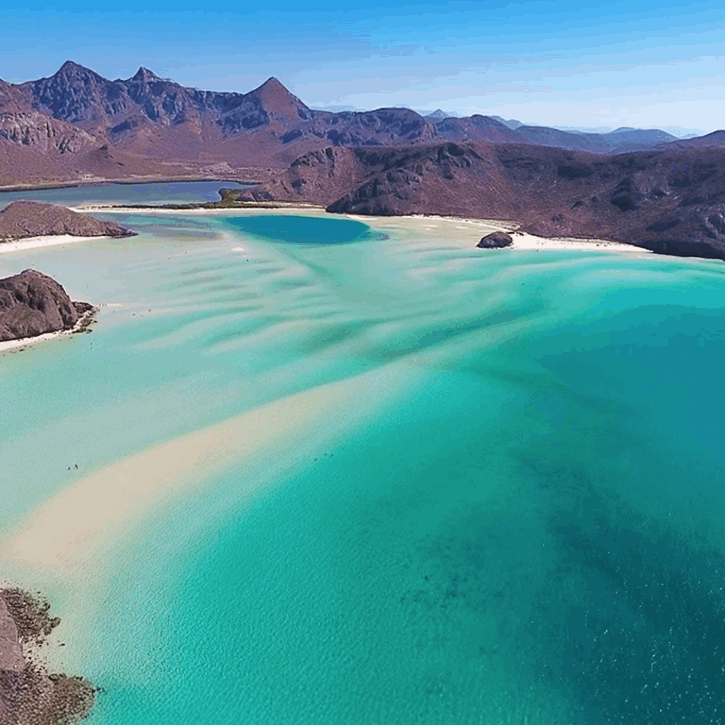
10 Most Amazing Facts About the Sea of Cortez
The Sea of Cortez, also known as the Gulf of California, is one of the most biologically rich and breathtaking places on Earth. Nestled between the Baja California Peninsula and mainland Mexico, this narrow sea has fascinated explorers, scientists, and travelers for centuries. Often called “The Aquarium of the World,” it offers a unique blend of marine life, dramatic landscapes, and evolutionary wonders that are unmatched anywhere else. Let’s dive into ten of the most amazing facts about this incredible natural treasure.
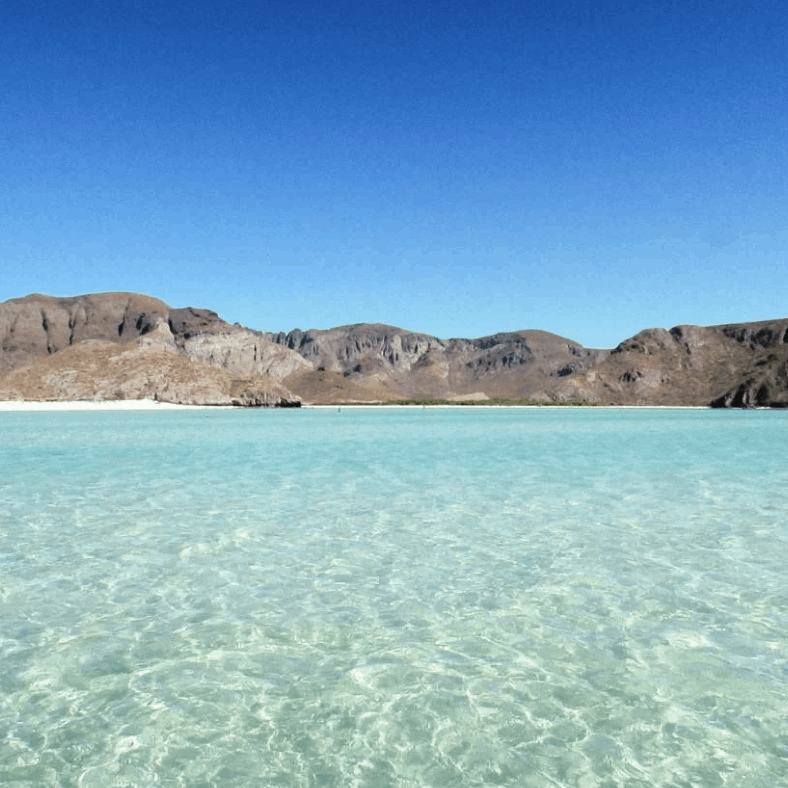
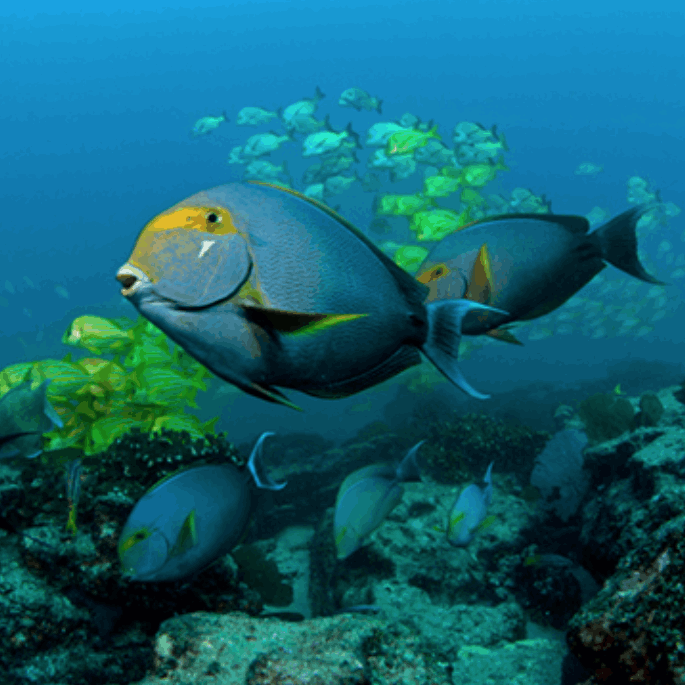
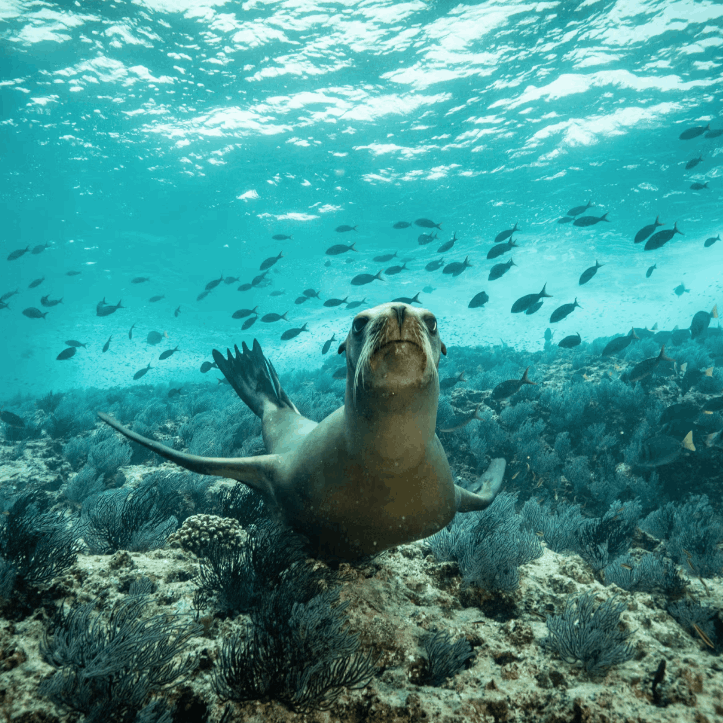
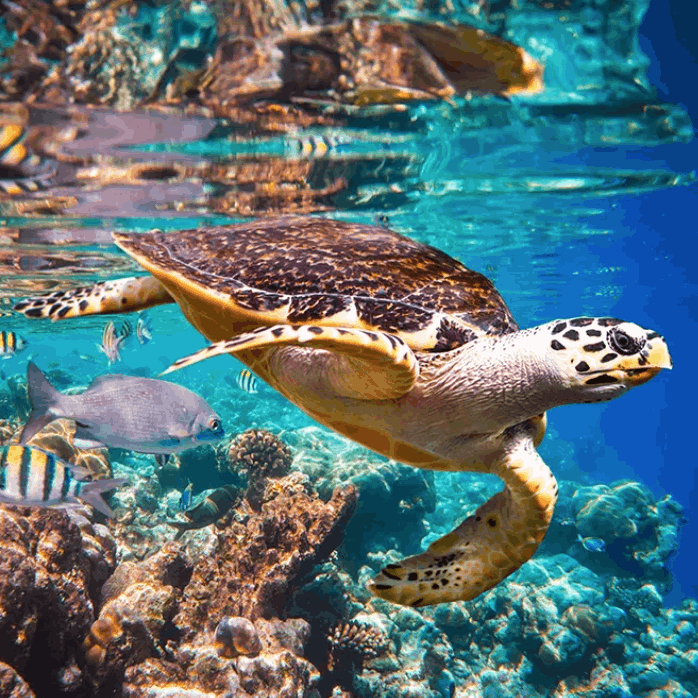
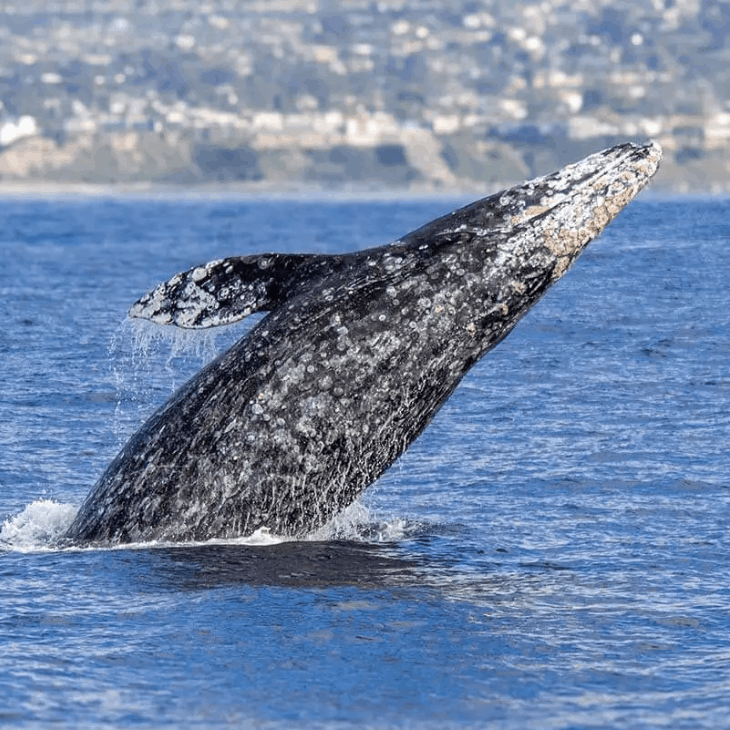
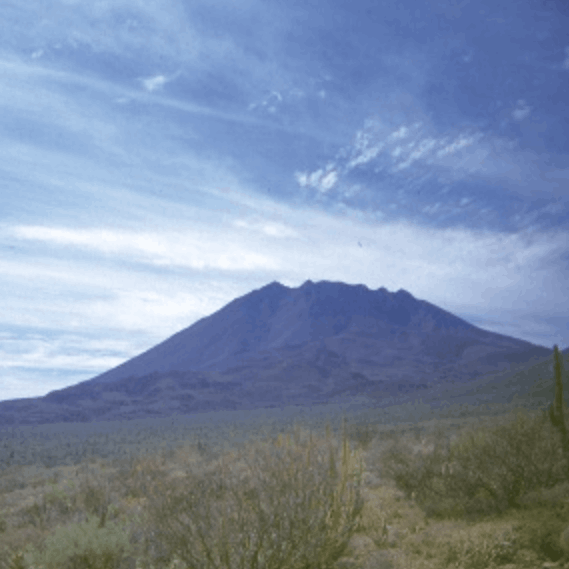
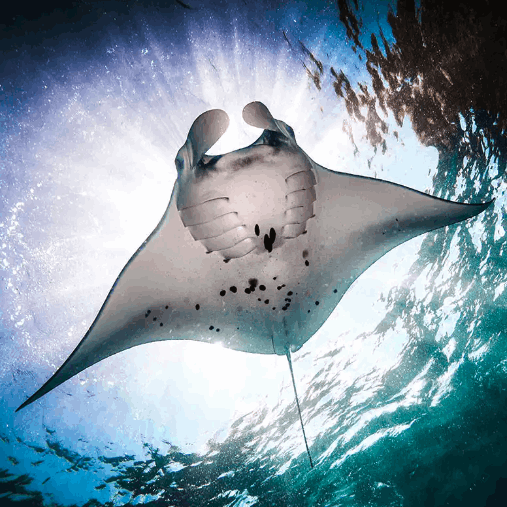
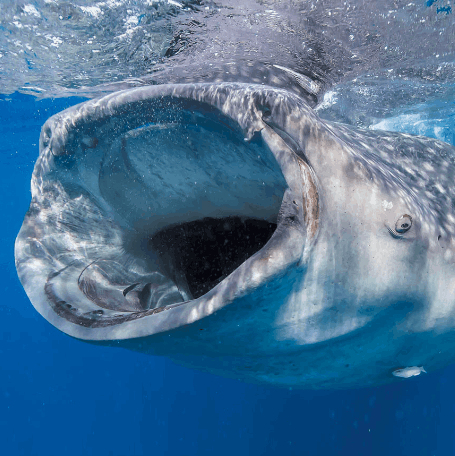
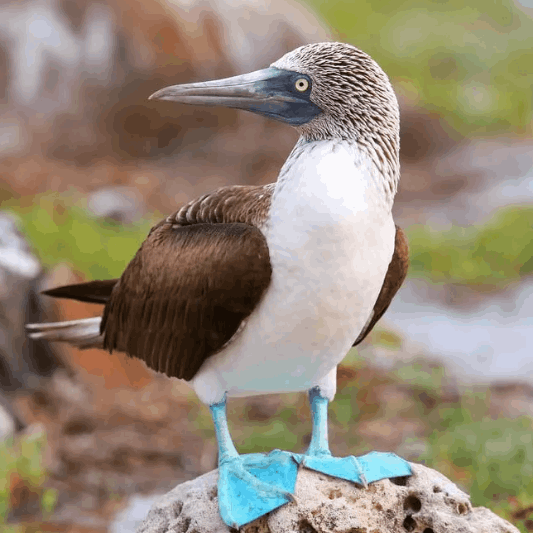
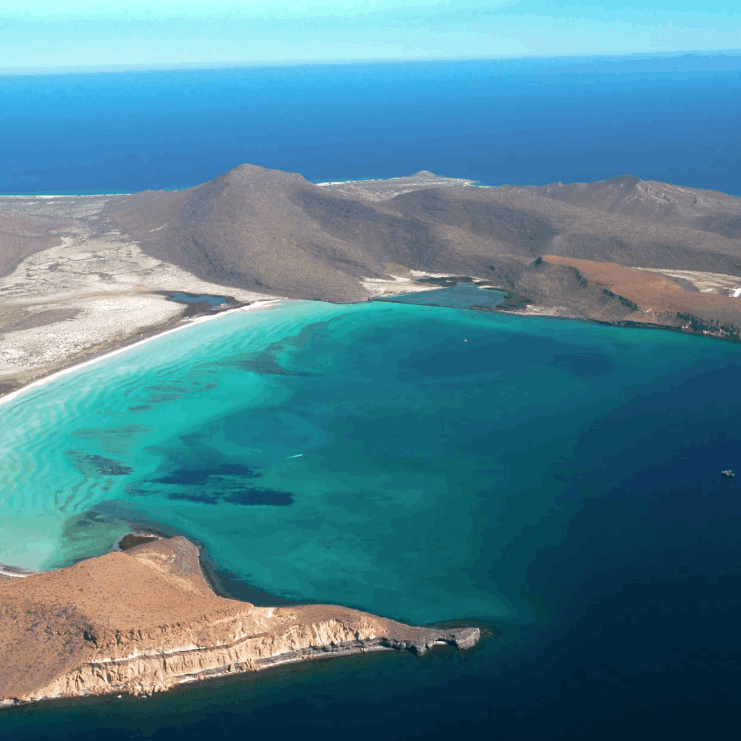

Follow Us